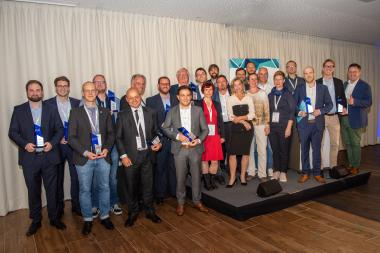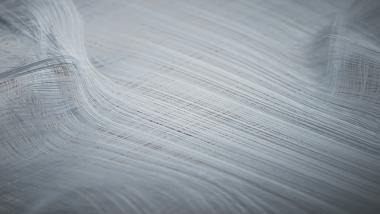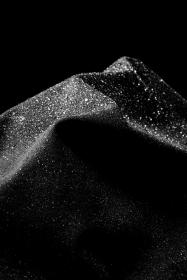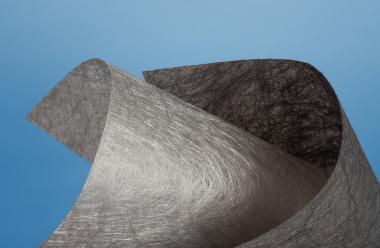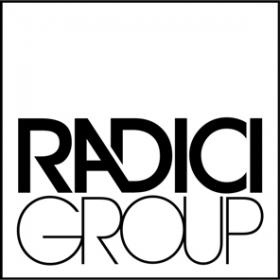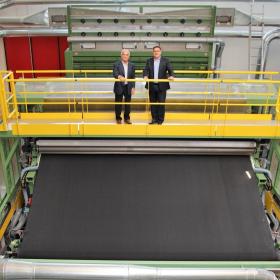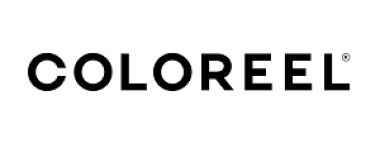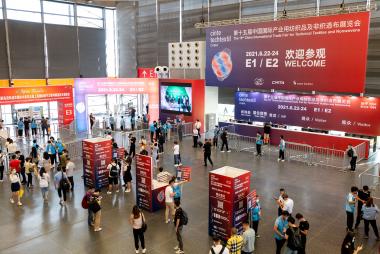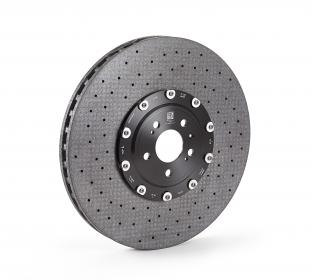Winners of AVK Innovation Award 2023
The winners of the prestigious Innovation Award for Fibre-Reinforced Plastics of the AVK, the German Federation of Reinforced Plastics, were presented in Salzburg this year. This award always goes to businesses, institutions and their partners for outstanding innovations in composites the three categories Products & Applications, Processes & Methods and Research & Science. Projects are submitted in all three categories and are evaluated by a jury of experts in engineering and science as well as trade journalists, who look at each project in terms of their levels of innovation, implementation and sustainability.
Products & Applications category
First place: “Insulating Coupling Shaft for Rail Vehicles” – Leichtbauzentrum Sachsen GmbH, partner: KWD Kupplungswerk Dresden GmbH
Second place: “Electric Car Battery Housing Components Based on Innovative Continuous Fibre-Reinforced Phenolic Resin Composites” – SGL Carbon
Third place: “High Performance Recycled Carbon Fibre Materials (HiPeR)” – Composites Technology Center GmbH (CTC GmbH), partners: Faserinstitut Bremen e. V, Sächsisches Textilforschungsinstitut e.V., C.A.R. FiberTec GmbH; partners Japan: Faserinstitut Bremen e.V., Sächsisches Textilforschungsinstitut e.V., C.A.R. FiberTec GmbH; Partner Japan: CFRI Carbon Fiber Recycle Industry Co., Ltd., IHI Logistics and Machinery Corporation, ICC Kanazawa Institute of Technology
Innovative Processes & Methods category
First place: “Chopped Fibre Direct Processing (CFP)” – KraussMaffei Technologies GmbH, partner: Wirthwein SE
Second place: “CIRC - Complete Inhouse Recycling of Thermoplastic Compounds” – Fraunhofer Institute for Production Engineering and Automation (IPA), partners: Schindler Handhabetechnik GmbH, Vision & Control GmbH
Third place: “CarboScreen – Sensor-Based Monitoring of Carbon-Fibre Production” – CarboScreen GmbH, partner: Institute of Textile Technology at RWTH Aachen University
Research & Science category
First place: “Development of a Stereocomplex PLA Blend on a Pilot Plant Scale” – Faserinstitut Bremen e. V.
Second place: “Fibre-Reinforced Salt as a Robust Lost Core Material” – Technical University of Munich, Chair of Carbon Composites, partners: Apppex GmbH, Haas Metallguss GmbH
Third place: “VliesSMC – Recycled Carbon Fibres with a Second Life in the SMC Process” – Sächsisches Textilforschungsinstitut e.V. (STFI), partner: Fraunhofer Institute for Chemical Technology (ICT)
Entries for the next Innovation Award 2024 can be submitted from January 2024 onwards.
AVK – Industrievereinigung Verstärkte Kunststoffe e.V.


